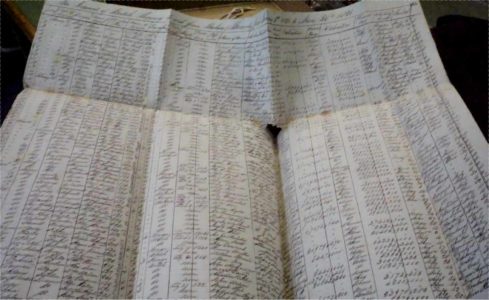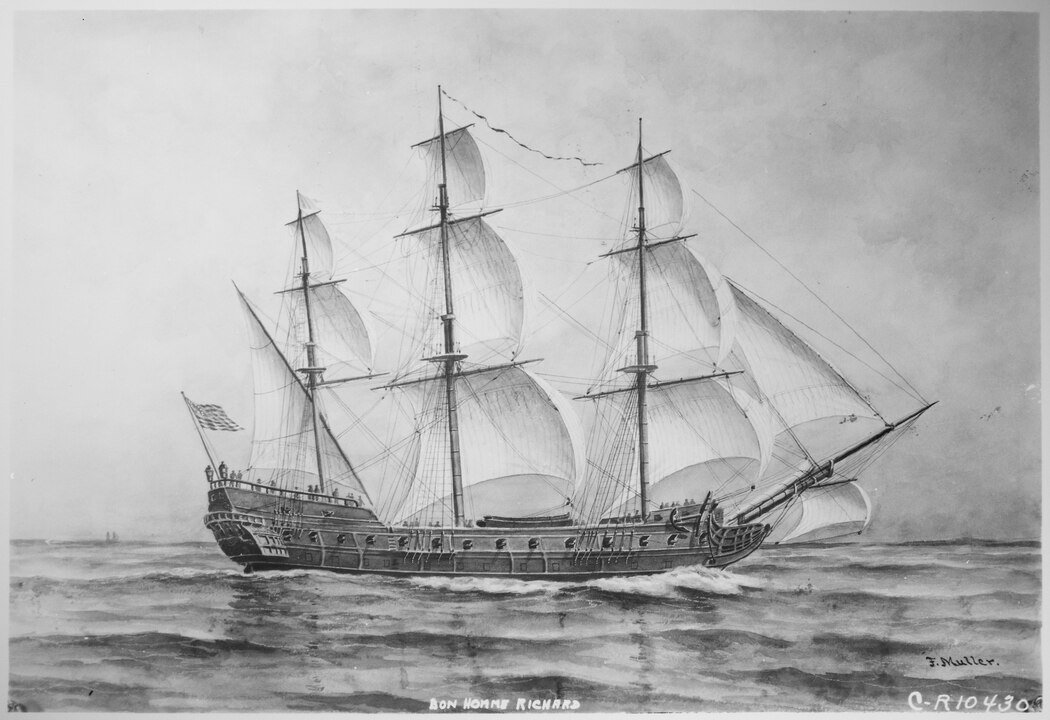
Top secrets in a trade war

Be subtle! Be subtle! And use your spies for every kind of business.
Sūnzǐ 孙子 (Sun Tzu) The Art of War
When nations are in a shooting war, they use spies.
When nations are in a trade war, they use spies.
On Wednesday, April 2, 2025, US President Donald Trump declared a trade war on the planet, raising tariffs in what he believes is “unfair trading” by the entire world against the United States which, it seems, is entitled to continue to dominate world trade.
For millennia nations have used their diplomats and spies to gain an advantage in trade. Monitoring trade has always been a key assignment.
With a worldwide trade war, not to mention the chaos inside the Trump administration, you can be sure that every nation on earth are now using their diplomats and intelligence services to figure out what is really going on in the White House, among American politicians at the national, state and local level, in the State Department and the Department of Commerce and even among the techno-twinkies in Elon Musk’s Department of Government Efficiency.
That means the old spy word “tradecraft” has a special meaning in the world of a trade war.
For centuries, diplomats, spies, entrepreneurs and even criminals stole trade secrets from competing nations and companies. In one famous case, between 552 and 563 CE, two Nestorian monks, working for the Byzantine emperor Justinian I, smuggled silkworms out of China in bamboo poles, ending China’s monopoly on silk.
Today China, where the Art of War ‘s Chapter XIII “The Use of Spies” is studied, is known as one of the largest appropriators of trade secrets and intellectual property. China uses its intelligence services, conventional spies, diplomats, military intelligence, tech savvy civilians and international scholars, technicians and travelers to steal ideas and secrets. That is done by hacking computers, interceptions by signals intelligence, infiltration, theft, blackmail or by the ancient art of bribery. China is obviously monitoring everything coming out of the United States so it can know what is going on.
It’s not just industrial, scientific and other secrets that are important, beyond economics, what goes in and out of a country can also yield vital intelligence.
Two hundred years ago, my fourth great grandfather, William Pennell, was British consul in Bahia, Brazil, from 1817 to 1830. (He is the main character in one of my book projects). Bahia was the main port in Brazil’s South Atlantic slave trade and Pennell was specifically tasked by the Foreign Office to monitor and spy on the slavers. It wasn’t just the slave trade that Pennell monitored, it was all the trade, from any nation, not just Britain, trade that was passing in or out of the port of Bahia. As well as trade statistics, the consulate also reported all ship movements in and out of the port, civilian or naval, whether the ships were Brazilian, British, French, American or from any other nation. Trading intelligence has always been a high priority for diplomats.
One hundred years ago, during American Prohibition, as described in my book King of the Mob, Rocco Perri and the Women Who Ran His Rackets (co-written with James Dubro), in an era of somewhat limited communications, the United States had consulates in every major Canadian city. One of the diplomats main tasks was to spy on the “liquor traffic” heading south. Between 1924 and 1927, Richard Boyce, the US Consul in Hamilton, was kept busy monitoring how Rocco Perri, local mob boss, was getting liquor and beer across the border to the US. He got most of his intelligence by monitoring the paperwork used for exports. In one case, Boyce discovered that boxcars full of Canadian turnips were being dispatched to the Campbell Soup Company, but only a few of the boxcars contained turnips to make soup, the rest had cases of beer and were diverted after they crossed the border.
If the penguins on the barren, icy uninhabited Heard Island and McDonald Islands which were hit by a ten percent tariff could spy on the US, they would. If the iguanas on the volcanic Caribbean island of Montserrat could spy they would. The Montserrat economy, which depended on tourism and agriculture, collapsed after the 1997 volcanic eruption and how faces a 10 per cent tariff on nothing.
It is also clear that when any nation, including Canada, was working on retaliation to the U.S. tariffs, politicians and officials did not just consult trade experts and economists, the leaders ramped up intelligence gathering to figure out what Trump might be doing, how to inflict maximum pain in the U.S. and minium pain at home in that retaliation and to know what potential allies are planning.
That brings into perspective the current Canadian election and the continuing absolute refusal by Pierre Poilievre, the leader of the Conservative Party to get a security clearance. It is interesting to me to note, having written about intelligence gathering for decades, how the government of former Prime Minister Justin Trudeau, on March 4, 2025, made a sudden about face and revealed the President Donald Trump’s goal “is to destroy the Canadian economy so he can try to annex the country.” Although some commentators, mostly conservatives, thought at the time Trudeau was exaggerating or it was Trump joking, events of the past month have shown that Trump and his administration are serious in trying to annex Canada into becoming the 51st State.
Although we may not know the details, there is a pretty good indication, that either through Canadian diplomats or intelligence gathering, including perhaps from the Canadian Security Establishment, that gathers signals, electronic and computer intelligence, that government was given enough information to know that the annexation plans were serious (perhaps because the top officials of the Trump administration are using insecure communications like the commercial Signal messaging app and even Gmail!).
Canada is in a trade war with the United States. Every other political leader, Jagmeet Singh, Elizabeth May and Bloc Quebecois Leader Yves-François Blanche, have security clearances. They need to know not just about traditional threats from potential adversaries and possible foreign interference in the current election, but everything that is happening in our trade relations with the United States and other nations. If the leaders have been briefed, and it is likely they have been briefed, they are campaigning vigorously without revealing secrets. Poilievre would prefer to shout slogans and cliches, post on TikTok, YouTube, Facebook and other social media rather know what is going on. That attitude shows Poilievre is incompetent and irresponsible. It shows that Poilievre is incapable of carrying out the duties of a prime minister, that he really is our version of Donald Trump.


